Vanguard utility index fund
A Vanguard utility index fund is a type of mutual fund that invests in stocks of utility companies. Which is firms that provide essential services such as electricity, natural gas, and water. The fund is designed to track the performance of a benchmark index. Such as the MSCI US IMI Utility Index, which consists of large, mid, and small-cap utility stocks listed on U.S. exchanges. The goal of the fund is to provide investors with broad exposure to the utility sector. As well as to capture the returns of the underlying index.
One of the main advantages of a Vanguard utility index fund is that it offers diversification across a basket of utility stocks. Which can help to reduce the risk of investing in a single company. It also provides professional management. As the fund is actively managed by a team of investment professionals. Who select the underlying holdings and monitor the performance of the fund. Additionally, index funds tend to have lower expense ratios than actively managed funds. Which can make them more cost-effective for investors.
It's worth noting that while utility index funds may offer the potential for steady, income-generating returns, they also carry some risks. For example, changes in regulatory policies or shifts in consumer demand could impact the performance of utility stocks and, by extension, the fund. As with any investment, it's important to carefully consider your financial goals and risk tolerance. Then decide whether a Vanguard utility index fund is right for you.
Read More: Top Utility Stocks, Top Renewable Energy Utilities, How to Value Utility Stock
Fund performance & fees
Many factors can affect the performance of a Vanguard fund. Such as market conditions, the quality of the investments in the fund, the fees associated with the fund, and the level of risk the fund takes.
The performance of a Vanguard fund refers to the return that an investor can expect to earn from holding the fund over a certain period of time. Vanguard funds are designed to provide investors with exposure to a specific asset class or investment strategies. Such as stocks, bonds, or a particular sector of the economy.
The performance of a Vanguard fund will depend on a variety of factors, including the underlying investments held by the fund. The market conditions in which the fund is invested. Moreover, the fees and expenses associated with the fund. Vanguard funds are managed by professional investment teams. Who aim to generate returns that meet or exceed the fund's benchmark index.
To evaluate the performance of a Vanguard fund, you can look at its past returns, which can be found on the fund's fact sheet or the Vanguard website. You can also compare the performance of a Vanguard fund to similar funds in the same category. As well as to benchmarks such as the S&P 500 Index to get a sense of how the fund has performed relative to its peers.
It's important to note that past performance does not guarantee future results. The value of your investment in a Vanguard fund may fluctuate over time.
Risks
Share prices for Vanguard funds categorized as aggressive are subject to extremely large swings. These funds' high volatility may be caused by one or more of the following tactics:
- A fund's holdings are concentrated in a small number of specific stocks,
- Specifically, in one area of the stock market,
- in a specific part of the world's geography;
- A strong focus on growth stocks or stocks with small capitalizations that have high market valuations;
- Holdings of foreign stocks or bonds that are susceptible to price drops brought on by
- variations in the value of the U.S dollar relative to other currencies;
- Investments in bonds with long average durations. Whose prices are highly susceptible to changes in interest rates.
Is there a vanguard renewable energy ETF?
Vanguard offers a renewable energy ETF called the Vanguard Global ex-U.S. Real Estate Index Fund ETF Shares (V.G.U.S.X.). This ETF invests in real estate companies that own or operate renewable energy assets. Such as solar, wind, and hydroelectric power plants. The fund is designed to provide exposure to the global renewable energy market, including developed and emerging markets. It tracks the performance of the MSCI ACWI ex USA IMI Real Estate 25/50 Index, which includes real estate companies from around the world.
Vanguard also offers other ETFs that focus on renewable energy and sustainability. Such as the Vanguard E.S.G. International Stock ETF (V.S.G.X.) and the Vanguard E.S.G. U.S. Stock ETF (E.S.G.V.). These ETFs invest in companies committed to environmental, social, and governance (E.S.G.) principles. Including renewable energy and sustainability.
It's worth noting that investing in ETFs carries risks. It's essential to consider your investment objectives and risk tolerance before making any investment decisions. You should consult a financial advisor or professional for personalized investment advice.
Does Vanguard have environmentally friendly funds?
Yes, Vanguard offers several environmentally responsible investment options. These include mutual funds and exchange-traded funds (ETFs)that focus on investing in companies aligned with environmental, social, and governance (E.S.G.) principles.
Some examples of Vanguard's environmentally responsible investment options include:
* Vanguard FTSE Social Index Fund: This fund tracks the performance of a benchmark index comprising large- and mid-cap stocks.
It's worth noting that the specific criteria used to evaluate the E.S.G. characteristics of companies may vary from one fund to another. Some funds may also have additional restrictions. Such as excluding particular industries or sectors. It's always a good idea to carefully review any fund's investment objective and strategies before investing.
Does Vanguard have a clean energy fund?
Yes, Vanguard does offer a clean energy fund. It is called the Vanguard Global Clean Energy Fund (V.G.C.E.X.). This fund is an actively managed fund that aims to invest in companies. Which involved developing, producing, and distributing clean energy technologies and services. The fund is diversified across various clean energy sectors. Which including renewable energy, energy storage, and energy efficiency. It is available as an Investor Shares class and an Admiral Shares class. It is important to note that all investments carry some level of risk. It is always a good idea to consider your investment options carefully and consult a financial advisor.
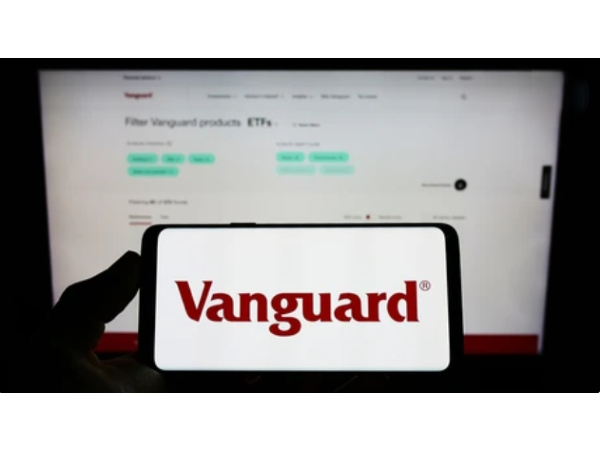


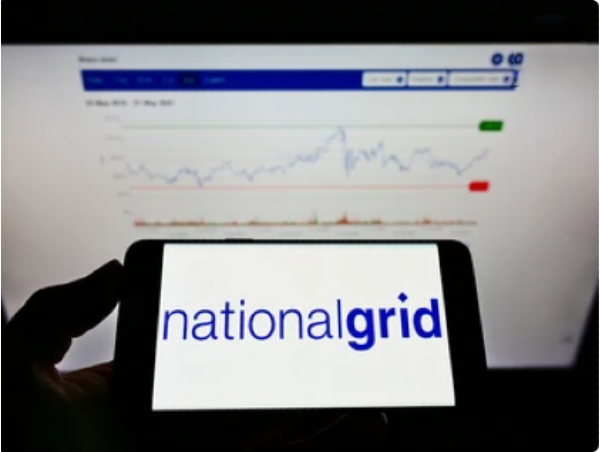
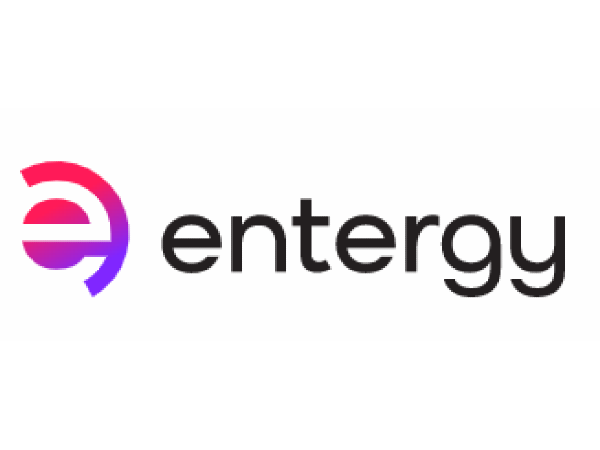
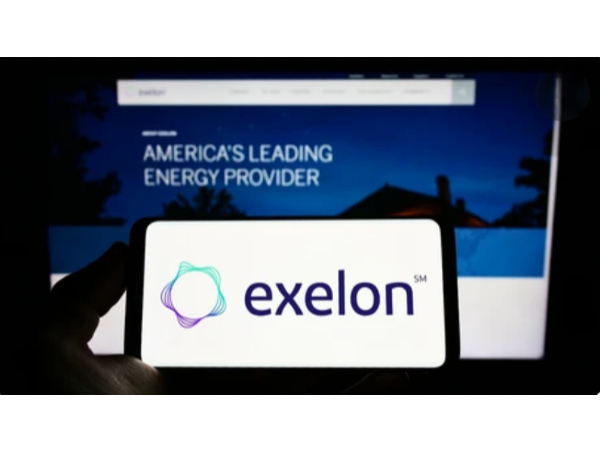

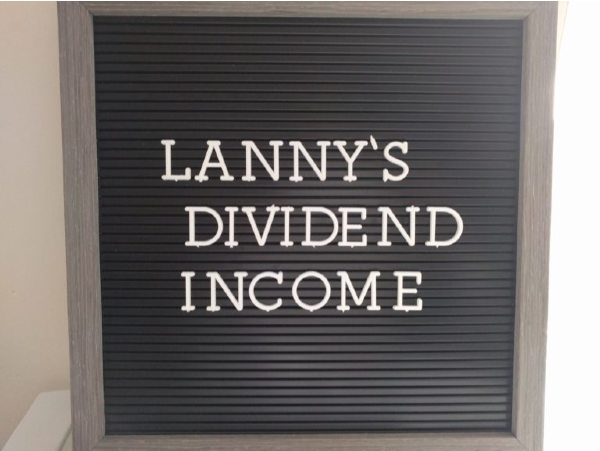
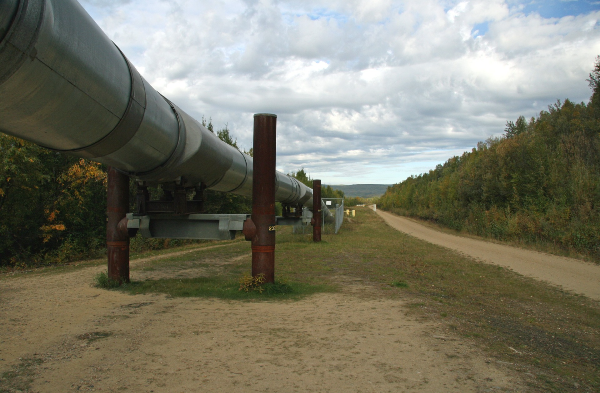
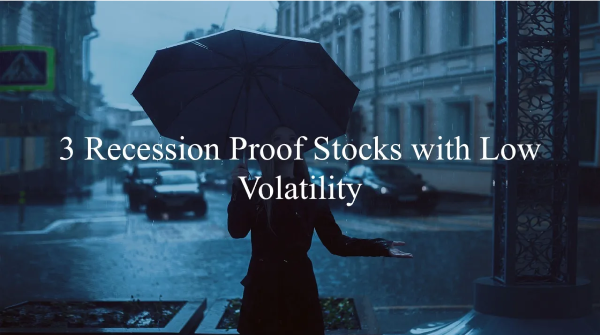



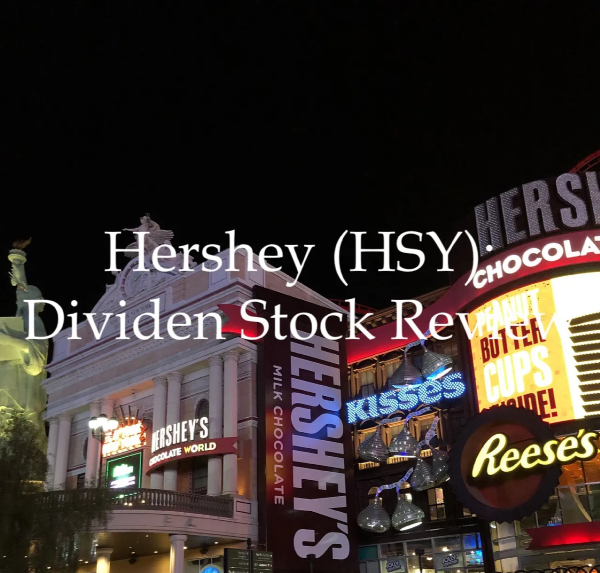
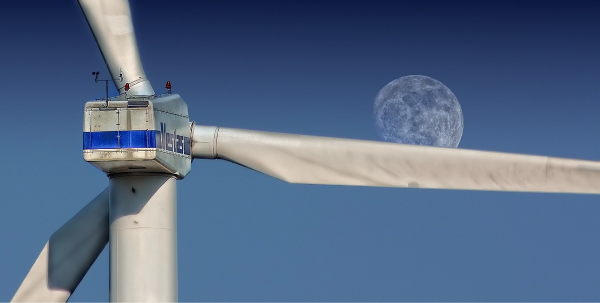
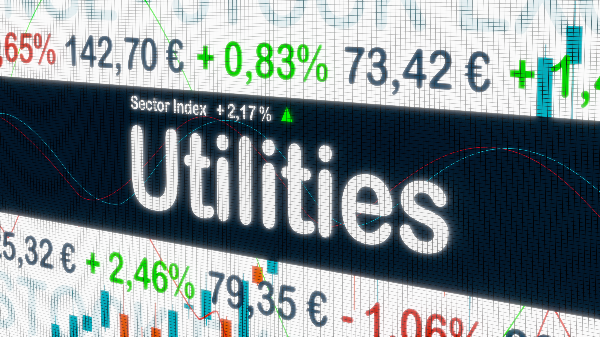






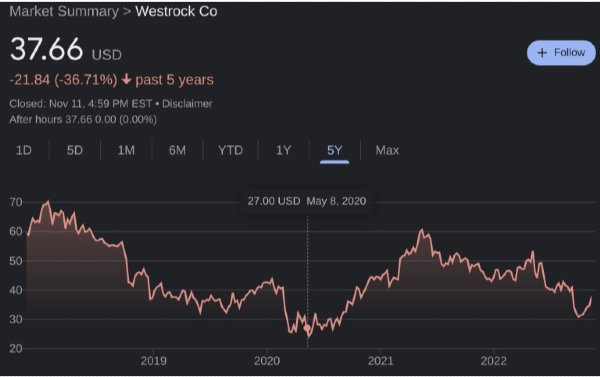
Vanguard utility index fund
A Vanguard utility index fund is a type of mutual fund that invests in stocks of utility companies. Which is firms that provide essential services such as electricity, natural gas, and water. The fund is designed to track the performance of a benchmark index. Such as the MSCI US IMI Utility Index, which consists of large, mid, and small-cap utility stocks listed on U.S. exchanges. The goal of the fund is to provide investors with broad exposure to the utility sector. As well as to capture the returns of the underlying index.
One of the main advantages of a Vanguard utility index fund is that it offers diversification across a basket of utility stocks. Which can help to reduce the risk of investing in a single company. It also provides professional management. As the fund is actively managed by a team of investment professionals. Who select the underlying holdings and monitor the performance of the fund. Additionally, index funds tend to have lower expense ratios than actively managed funds. Which can make them more cost-effective for investors.
It's worth noting that while utility index funds may offer the potential for steady, income-generating returns, they also carry some risks. For example, changes in regulatory policies or shifts in consumer demand could impact the performance of utility stocks and, by extension, the fund. As with any investment, it's important to carefully consider your financial goals and risk tolerance. Then decide whether a Vanguard utility index fund is right for you.
Read More: Top Utility Stocks, Top Renewable Energy Utilities, How to Value Utility Stock
Fund performance & fees
Many factors can affect the performance of a Vanguard fund. Such as market conditions, the quality of the investments in the fund, the fees associated with the fund, and the level of risk the fund takes.
The performance of a Vanguard fund refers to the return that an investor can expect to earn from holding the fund over a certain period of time. Vanguard funds are designed to provide investors with exposure to a specific asset class or investment strategies. Such as stocks, bonds, or a particular sector of the economy.
The performance of a Vanguard fund will depend on a variety of factors, including the underlying investments held by the fund. The market conditions in which the fund is invested. Moreover, the fees and expenses associated with the fund. Vanguard funds are managed by professional investment teams. Who aim to generate returns that meet or exceed the fund's benchmark index.
To evaluate the performance of a Vanguard fund, you can look at its past returns, which can be found on the fund's fact sheet or the Vanguard website. You can also compare the performance of a Vanguard fund to similar funds in the same category. As well as to benchmarks such as the S&P 500 Index to get a sense of how the fund has performed relative to its peers.
It's important to note that past performance does not guarantee future results. The value of your investment in a Vanguard fund may fluctuate over time.
Risks
Share prices for Vanguard funds categorized as aggressive are subject to extremely large swings. These funds' high volatility may be caused by one or more of the following tactics:
Is there a vanguard renewable energy ETF?
Vanguard offers a renewable energy ETF called the Vanguard Global ex-U.S. Real Estate Index Fund ETF Shares (V.G.U.S.X.). This ETF invests in real estate companies that own or operate renewable energy assets. Such as solar, wind, and hydroelectric power plants. The fund is designed to provide exposure to the global renewable energy market, including developed and emerging markets. It tracks the performance of the MSCI ACWI ex USA IMI Real Estate 25/50 Index, which includes real estate companies from around the world.
Vanguard also offers other ETFs that focus on renewable energy and sustainability. Such as the Vanguard E.S.G. International Stock ETF (V.S.G.X.) and the Vanguard E.S.G. U.S. Stock ETF (E.S.G.V.). These ETFs invest in companies committed to environmental, social, and governance (E.S.G.) principles. Including renewable energy and sustainability.
It's worth noting that investing in ETFs carries risks. It's essential to consider your investment objectives and risk tolerance before making any investment decisions. You should consult a financial advisor or professional for personalized investment advice.
Does Vanguard have environmentally friendly funds?
Yes, Vanguard offers several environmentally responsible investment options. These include mutual funds and exchange-traded funds (ETFs)that focus on investing in companies aligned with environmental, social, and governance (E.S.G.) principles.
Some examples of Vanguard's environmentally responsible investment options include:
* Vanguard FTSE Social Index Fund: This fund tracks the performance of a benchmark index comprising large- and mid-cap stocks.
It's worth noting that the specific criteria used to evaluate the E.S.G. characteristics of companies may vary from one fund to another. Some funds may also have additional restrictions. Such as excluding particular industries or sectors. It's always a good idea to carefully review any fund's investment objective and strategies before investing.
Does Vanguard have a clean energy fund?
Yes, Vanguard does offer a clean energy fund. It is called the Vanguard Global Clean Energy Fund (V.G.C.E.X.). This fund is an actively managed fund that aims to invest in companies. Which involved developing, producing, and distributing clean energy technologies and services. The fund is diversified across various clean energy sectors. Which including renewable energy, energy storage, and energy efficiency. It is available as an Investor Shares class and an Admiral Shares class. It is important to note that all investments carry some level of risk. It is always a good idea to consider your investment options carefully and consult a financial advisor.